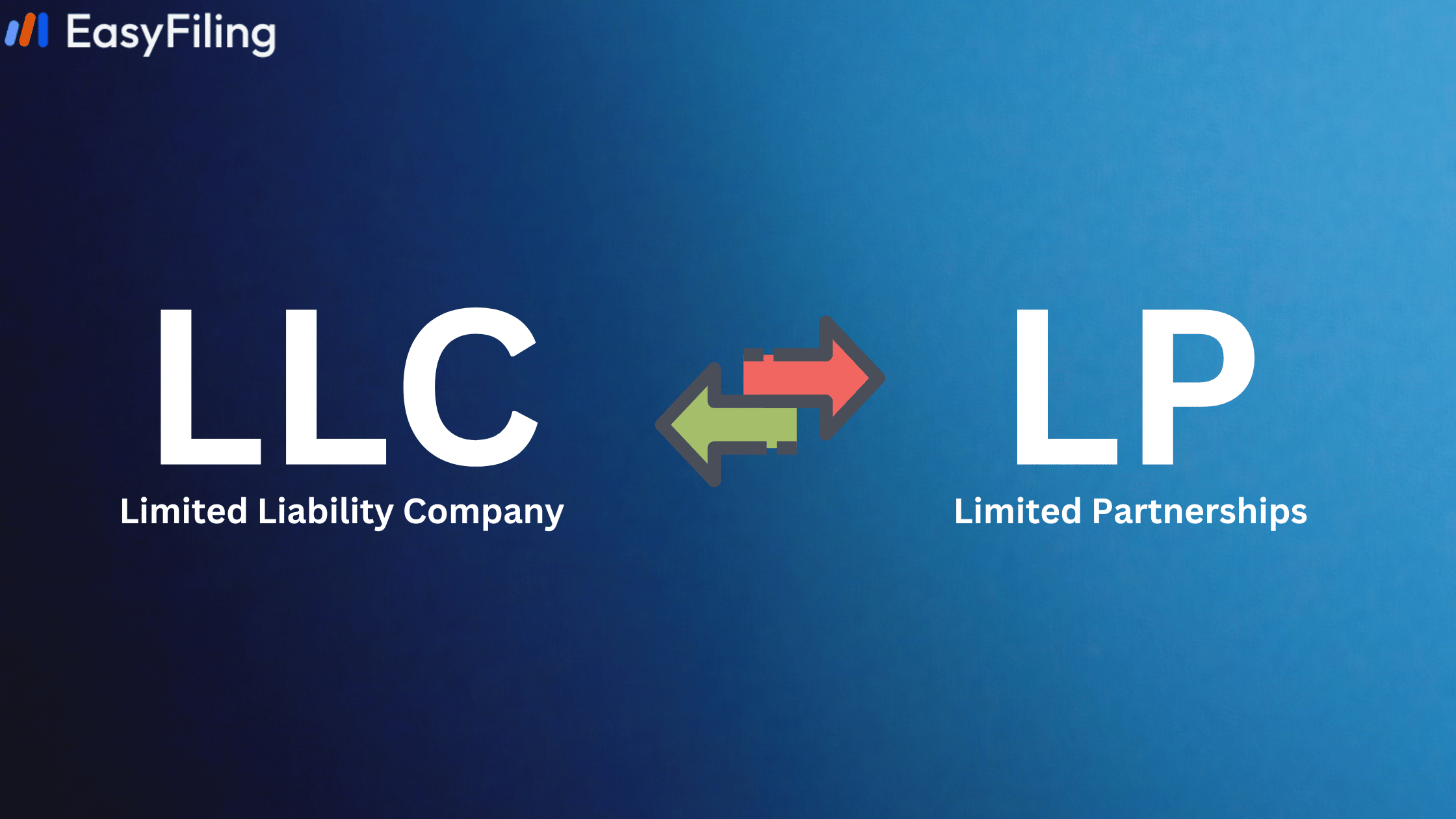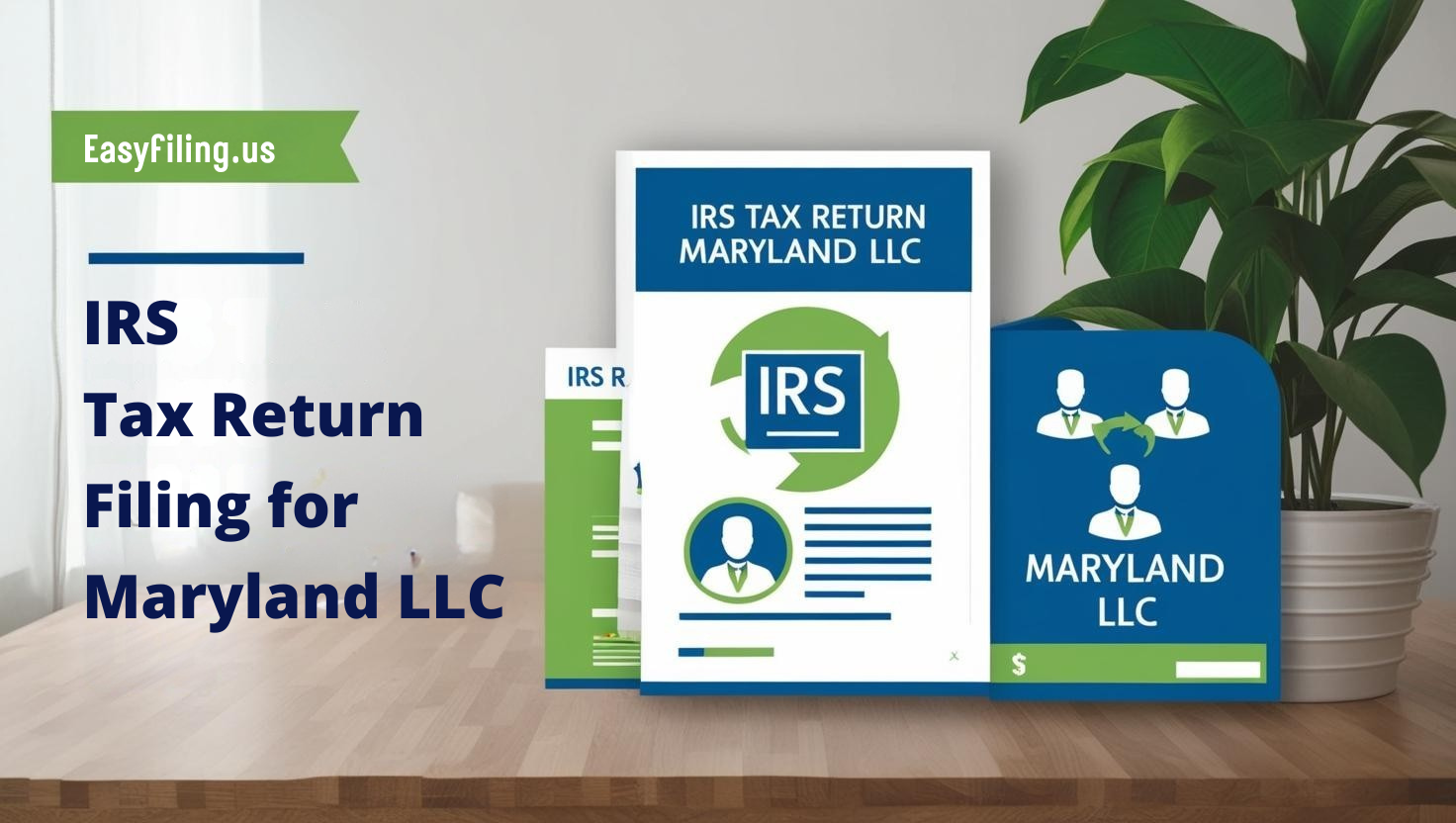Moving into the business sphere has its thrills, from having a unique business idea to starting one’s creative ventures. Business structures are important for an entrepreneur when formalizing the venture, with Limited Liability Companies (LLCs) and Limited Partnerships (LPs) being some that most people gravitate towards for incorporation.
Though, each of these focuses on a different audience and business model. Choosing a building block that does not correspond with expectations may expose one to unnecessary expenditure, copious complexities, or operational troubles.
In this article, we will discuss LLCs and LPs, how are they different, and what their advantages, limitations, and practical applications are to assist you in making up your mind about which business model will be most suitable for your company.
The Foundation of Business Structures: Why It Matters
In any comparison, it is noteworthy to first appreciate the underlying fundamentals that make it ideal for business owners to select LLCs over LPs. Some of the fundamentals that have to be borne in mind include:
- Legal Protection: Determines the extent to which your assets are protected from business liabilities.
- Tax Optimization: Impacts how profits are taxed, whether at the business level or passed through to individual owners.
- Operational Efficiency: Defines the legal and administrative burden of maintaining compliance.
- Investment Opportunities: Influences how attractive your business is to investors or partners.
- Scalability: Affects your ability to expand into new markets, industries, or revenue streams.
Understanding LLCs: A Versatile Business Entity
The LLC (Limited Liability Company) is regarded as one of the most versatile business forms. It is a hybrid entity combining the liability shield features of the corporation with the partnership/sole proprietorship’s tax advantages and relatively simple structure.
Key Characteristics of an LLC
Liability Protection for All Owners: There’s no requirement for the members or any member to personally owe any debts or other obligations arising from the business.
Flexible Tax Options: An LLC can be taxed as a pass-through entity (the default), an S-Corp, or a C-Corp.
Customizable Management Structure: Members may manage the company themselves or hire managers to do it.
No Ownership Restrictions: Owners can be individuals, corporations, or other LLCs.
When Should You Choose an LLC?
LLCs are ideal model businesses which include:
- Businesses where equal decision-making capabilities are required for all members.
- Businesses in the fields containing a lot of risks of liability like consulting, retailing, or tech businesses.
- Businesses require many different types of taxation options.
- Firms that do not wish to overburden themselves with the administration’s heavy load for corporations.
Exploring LPs: A Structure for Specialized Needs
An LP (Limited Partnership) is a format of business use whose main aim is to solicit investment without losing control over the company to its investors. LPs in this case are many times adopted in sectors that demand a lot of capital, for example, real estate, gas and oil, and private equity.
Key Characteristics of an LP
Diverse Roles by the Partners:
- General partners (GPs): Run the business daily and ensure absolute liability.
- Limited partners (LPs): Although they do not executive cover management, they do bring investment capital. Their liability is only equal to their investment.
Attractive to Investors: The LP format is appealing to passive investors since they do not have to actively participate in the returns focus.
Simplified Ownership Separation: Clearly defined roles enable expectations and responsibilities to be adequately managed.
When Should You Choose an LP?
LPs are business frameworks that are most appropriate for the firms that:
- Seek to bring in directed investment on a large scale target, particularly from passive investors.
- Are in areas where the general partner has specific knowledge such as real estate or venture capital.
- Look at splitting management and ownership as a way of reducing potential conflicts.
Additional Values to Consider When Comparing LLCs and LPs
1. Flexibility in Ownership and Operations
LLCs: The management and the ownership structure are flexible. Members may either manage the business directly or have managers. This model can be scaled suitable for businesses across sectors.
LPs: Management and ownership are separated. Limited partners are not permitted to meddle in operational activities to a day-to-day level without exposing themselves to liability.
2. Attracting Capital and Investors
LLCs: Although LLCs allow for multiple ownership, it may not be the only business structure vis-a-vis Venture Capital or institutional investors. Investors like having clearly defined capital structures with the ability to issue shares which is characteristic of corporations.
LPs: In fact, LPs occur because of a desire to attract passive investors primarily in private equity, real estate, and other such where the contributors would wish to remain active.
3. Tax Implications and Advantages
LLCs:
- By default in the case of LLCs, there is pass-through taxation which means that the profits are filed in the tax returns of the members.
- Other tax strategies open to LLCs include taxation as S-Corp or C-Corp.
LPs:
- LPs are treated as pass-through businesses for federal taxation purposes. Both general and limited partners declare their respective shares of the gain or loss from the business’s annual income statement on their IRS tax return.
- However, general partners often get self-employment taxation and this is deemed a weakness.
4. Liability Considerations
LLCs: Every member is protected from personal liability, making it appropriate for business endeavors that are risky or have large debts.
LPs: Limited liability applies only to limited partners. General partners have unlimited liability, which poses a risk to their assets.
5. Cost and Administrative Burden
LLCs: As a rule, they are less expensive and easier to establish and continue running compared to corporations, although the price varies from state to state.
LPs: Such firms are likely to require further investment in terms of legal costs due to the detailed partnership agreement required for all the partners.
Real-Life Use Cases: LLC vs. LP
Example 1: A Boutique Clothing Brand
A small family-run apparel store files for an LLC so that all family members can share in the management of the store equally while being able to limit their liability.
Example 2: Real Estate Investment Group
Another example of the formation of an LP is a group of investors who wish to develop a large area of land with large capital. The main developer is the general partner that implements the project and the other investors are limited partners.
Example 3: Tech Startup with Angel Investors
LLC renting out a reasonable amount of commercial space is regarded as a sponsorship because of the tax benefits and ease lends itself to incorporation. At a later stage to bring forum capable capital, it converts to an incorporation.
Additional Questions to Help You Decide
What are your growth goals?
LPs have a defined structure and are therefore limited in structure, whereas LLCs are easier to get bigger and grow.
What level of involvement do you expect from investors?
If you need active owners, LLC is the right investment. Passive investors are better suited to LP.
What is the level of risk that you are willing to bear?
All members in LLCs are protected fully, but LPs dictate greater risk to general partners.
What is your business model?
Generally, an LP is preferred in the investment and property trading sectors whereas an LLC is most suitable for many industries.
How State Laws Impact Your Choice
The state in which you incorporate your business matters for the expenses, tax liabilities, and operation possibilities of both LLC and LP.
Best States for Setting Up an LLC
- Delaware: Provides good legal protection and flexibility.
- Nevada: There is no state income tax and strong asset protection laws exist.
- Wyoming: Low fees and excellent privacy for LLC owners.
Best States for Setting Up a Limited Partnership
- California: Loved in the real estate LPs despite the general taxation being hefty.
- Texas: With no state income tax this state is a very business-friendly state.
How EasyFiling Can Assist
There’s no need to worry about the complexity of LLC or LP formation; that’s what EasyFiling is here for. We offer:
- Assistance with filling out and submitting forms and other requirements that are specific to your state.
- Professional advice on liability protection and tax benefits.
- Providing information to your clients regarding compliance so that your business remains active and in good standing is maintained.
Thanks to EasyFiling, you no longer have to worry about documentation because you have to focus on expanding the business.
Conclusion
Deciding between an LLC or LP should be assessed very seriously as it has repercussions on operations, liability, and the taxation perspective of the business.
LLCs are best used in businesses that require the same amount of protection for all the members of the business and management of the business is not an issue. LPs work best in businesses heavy in investment where there’s a clear distinction in roles between general and limited partners.
If you’re still not certain which structure is best suited to your needs, consult the experts at EasyFiling. We aim to make the process simple for you and help you succeed by building a sturdy framework for your business.
File Your LLC Today
25$ off with a coupon
Lock in EasyFiling's transparent rates and get lifetime compliance support at no extra cost.
Get Started Now







